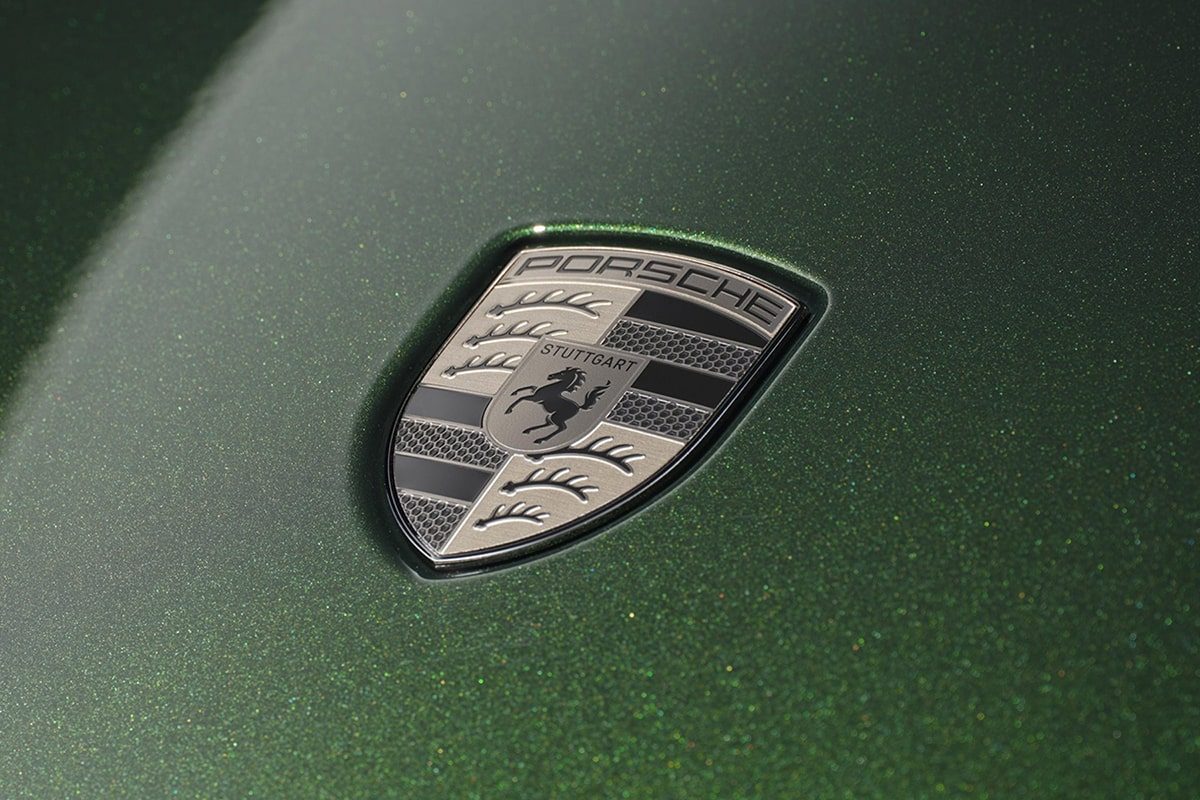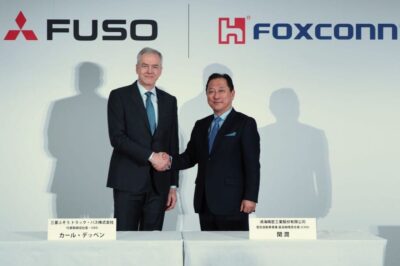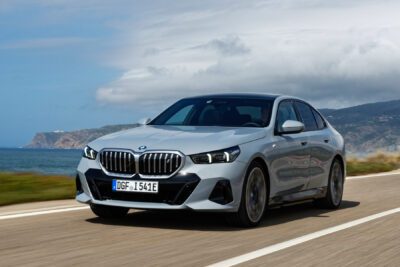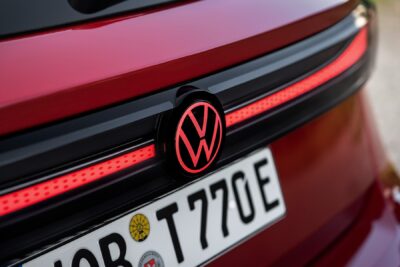China tightens luxury car tax to include high-end EVs
The Chinese luxury tax on vehicles, which is added to the retail price, has been in force in its previous version since December 2016. Previously, however, only cars with combustion engines were affected, and only if they cost at least 1.3 million yuan (approx. 155,000 euros) excluding VAT.
What is new now, however, is not only the significantly lower threshold of 900,000 yuan (approx. 107,000 euros), but also the fact that this luxury tax now applies to vehicles with all types of drive, including electric cars and those with fuel cells.
The new regulation hits German manufacturers particularly hard, as the German premium brands Audi, BMW, Mercedes-Benz and Porsche produce many vehicles that exceed the new threshold. Particularly noteworthy are the all-electric EQS and the classic combustion-powered S-Class from Mercedes, both of which have starting prices above 900,000 yuan. The Chinese publication CN EV Post calculates that Mercedes and Porsche hold a market share of 48 per cent and 18 per cent in the ICE segment, compared to Lexus and Bentley’s 8 and 3 per cent, respectively.
The same applies to the all-electric Porsche Taycan or the Audi A8 L, as well as the RS equipment variants of some Audi models. At BMW, the 7 Series, including the all-electric i7 variant, is particularly affected. Depending on the choice of optional extras, however, smaller models of all brands may also fall under the regulation.
BMW does not expect any major damage
According to reports from the German publication dpa, as reported by another German publication, Manager Magazin, BMW assumes that the damage will be limited: BMW does not expect any major impact, because anyone who buys such a car tends not to be deterred from doing so, even by the extra charge, a spokesperson said. Audi emphasised that only a limited number of Audi brand models would be affected and that it would wait and see how the market develops and adjust its strategy if necessary. Porsche, on the other hand, is still examining the impact on its business, and Mercedes did not wish to comment on the matter for the time being.
According to market researcher Kotak Institutional Equities, the luxury segment in China is dominated by Mercedes-Benz with a market share of 43%, followed by Jaguar Land Rover (JLR) with 23% and Porsche with 18%. Accordingly, these three companies are likely to feel the impact the most.
Individual Chinese models also affected
A few Chinese models also fall under the new regulation, including the luxury SUV Yangwang U8 from BYD and the subsidiary Jinkuihua, which belongs to Hongqi. However, the Zeekr 009 electric van is also above the price limit in its most expensive trim level.
Observers assume that the regulation is designed primarily to help Chinese brands that offer high-quality cars at a price below the threshold, as the price difference for luxury cars will increase.
cnbctv18.com, cnevpost.com, manager-magazin.de (in German), szs.mof.gov.cn (in Chinese)





0 Comments